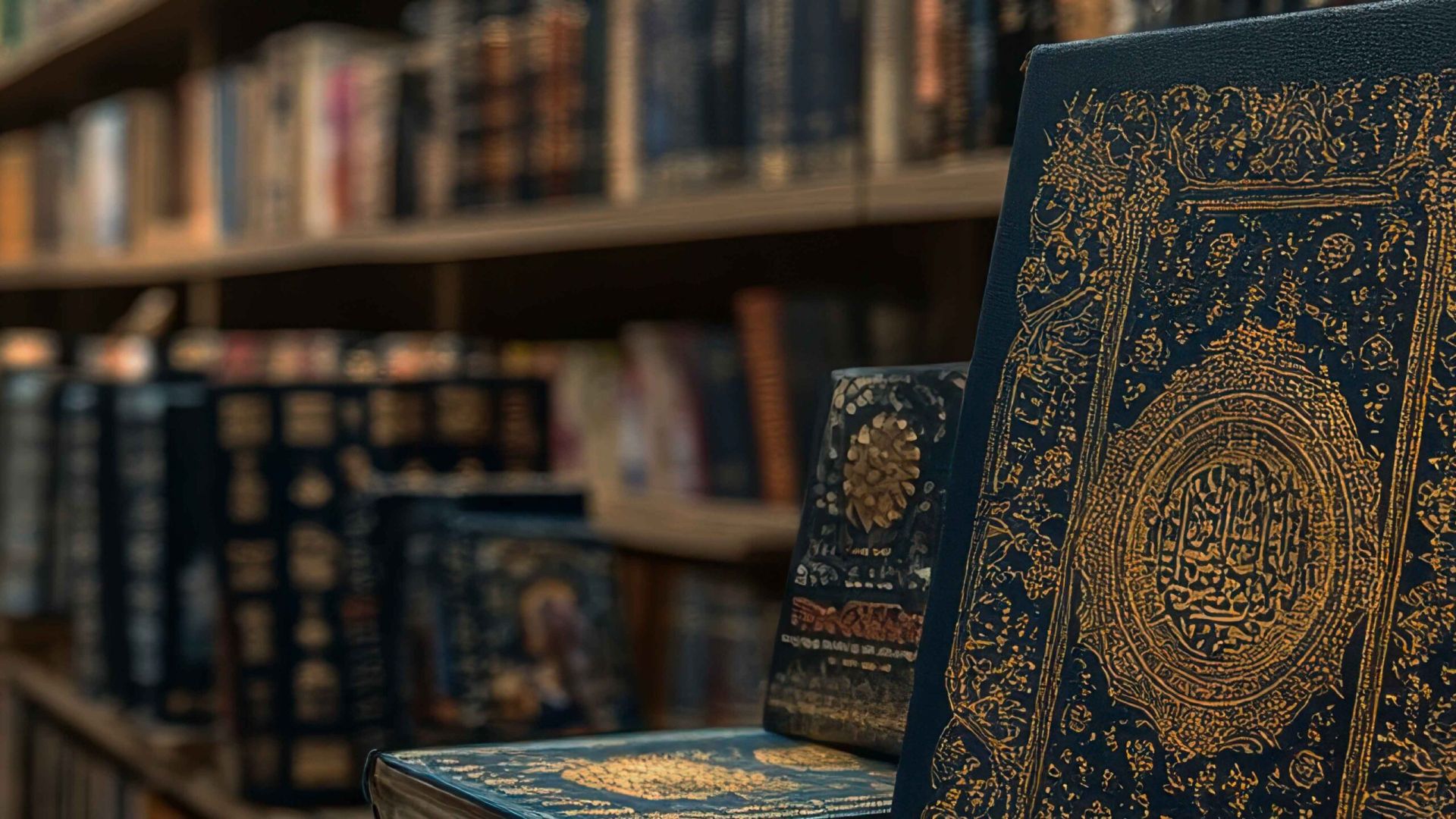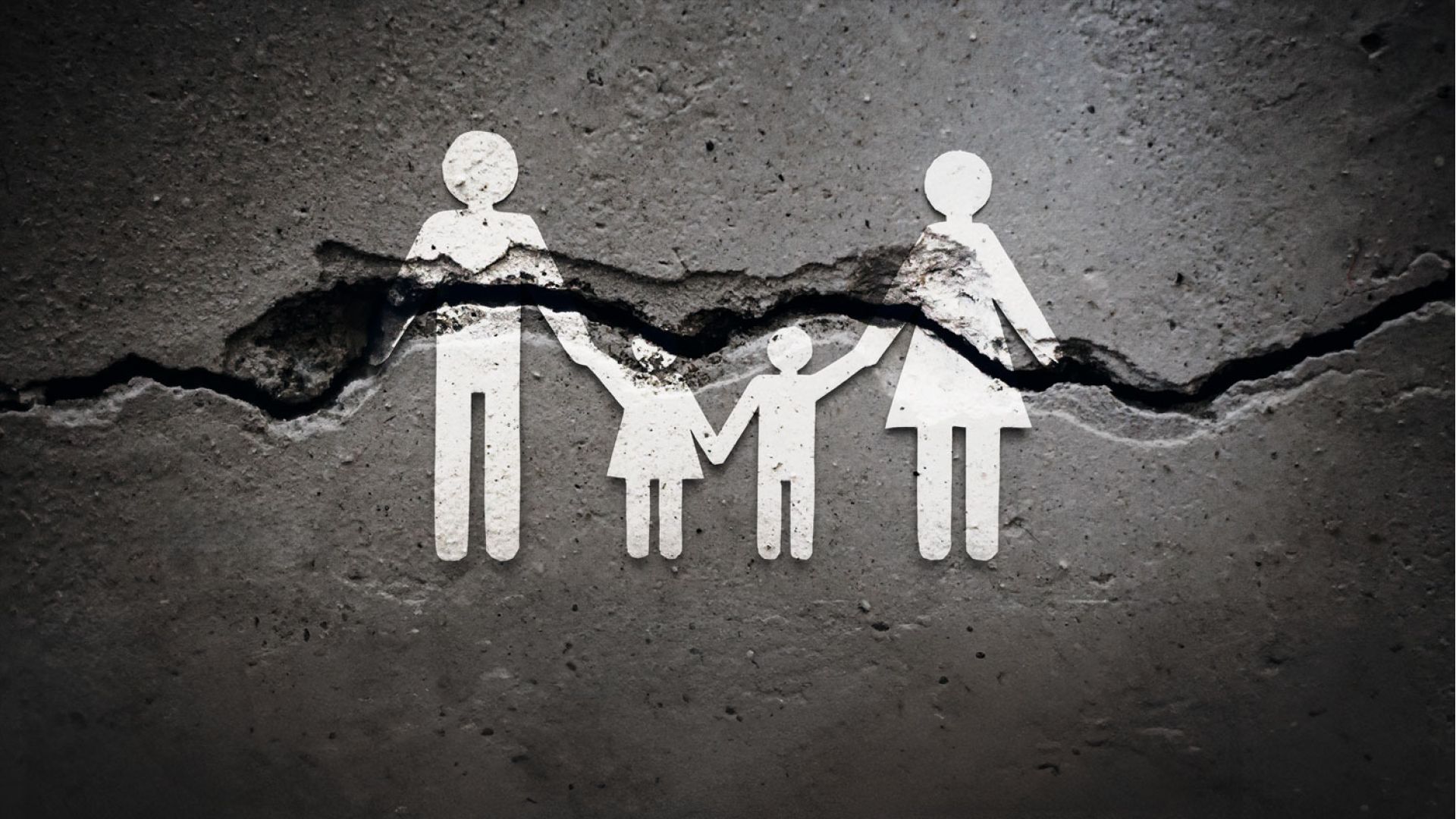A Woman Changing Her Last Name after Marriage
Dr. Abū Wāʾil Musa Shaleem


Most married women replace their last names which are called their maiden names with their husbands’ last names. A few women, however, may attach their maiden names to their husbands’ last names to form a compound last name. Although this is a common practice in the Western Hemisphere, a Muslim woman must not modify her name after marriage. From the numerous reasons for this is the following:
1.
[A] Allāh’s statement:
ادْعُوهُمْ لِآبَائِهِمْ هُوَ أَقْسَطُ عِندَ اللَّهِ
“Call them after their fathers. This is more just before Allāh.”
[Al-Aḥzāb, 33:5]
[B] Allāh’s statement:
وَمَرْيَمَ ابْنَتَ عِمْرَانَ الَّتِي أَحْصَنَتْ فَرْجَهَا
“Maryam, daughter of ʿImrān, preserved her chastity.”
[Al-Taḥrīm, 66:12]
[C] The Messenger’s (ﷺ) statement: “Whoever knowingly claims to be the son of anyone other than his real father has disbelieved.” (Reported by al-Bukhārī (3508) and Muslim (61))
[D] The Prophet’s (ﷺ) statement: “If any child or slave ascribes to other than his father or his master, then the curse of Allāh, the Angels, and all of humanity will be upon him.” (Reported by Ibn Mājah (2609), and Shaykh al-Albānī authenticated it.)
[E] The Messenger’s (ﷺ) statement: “A flag will be hoisted for a treacherous man on the Day of Judgement. It will then be announced: ‘This is the treachery of Fulān son of Fulān.’” (Reported by al-Bukhārī ((6177) and (6178)) and Muslim (1735))
These texts prove that a person must ascribe to his father, and a married woman taking her spouse’s name violates this. Therefore, altering her name after marriage is impermissible; in fact, some scholars say this is ḥarām.
2. A woman changing her name after marriage is a non-Muslim practice, and we were prohibited from emulating the non-Muslims. The Prophet (ﷺ) said: “Whoever resembles a nation is from them.” (Reported by Abū Dāwūd (4031), and Shaykh al-Albānī authenticated it.)
The Messenger (ﷺ) was the most noble man, yet his wives never took his name. They still ascribed to their fathers’ lineage, for example ʿĀʾishah (رضي الله عنها) remained ʿĀʾishah—daughter of Abū Bakr—after marrying the Messenger (ﷺ). Therefore, the earlier generations never practised this. However, the later generations adopted this practice after being influenced by the non-Muslims.
3. Replacing her father’s lineage with her husband’s lineage is disrespectful to her father which is ḥarām, since this gives the impression that she has denounced her relationship with her father favouring her husband. Abū Bakrah’s father (رضي الله عنهما) reported: “Allāh’s Messenger (ﷺ) said: ‘Shall I inform you of the greatest of sins?’ They said: ‘Yes, Allāh’s Messenger (ﷺ)!’ He said: ‘Committing shirk and being undutiful to one’s parents [are the greatest of sins].’” (Reported by al-Bukhārī (6273))
4. A woman’s ascription to her father has many implications, such as:
A. He is her legal Islamic guardian.
B. He must provide for her.
C. He is a legitimate maḥram.
D. She can inherit from him.
However, ascribing to her husband invalidates some of these implications.
5. A marital relationship is only temporary, since marriages fail or spouses die; however, a person’s lineage is permanent.
Therefore, a woman should maintain her name, even after marriage.
Questioned about a married woman replacing her last name with her husband’s last name, Shaykh al-Albānī (رحمه الله) responded:
This is impermissible because:
[1] This is a non-Muslim practice.
[2] The Prophet (ﷺ) said: “Whoever knowingly claims to be the son of anyone other than his real father has disbelieved.” (Reported by al-Bukhārī (3508) and Muslim (61)) (Ashriṭah Mutafrriqah, 5/304)
Responding to a similar question, the Permanent Fatwá Committee stated:
A person must ascribe to his father. Allāh said:
ادْعُوهُمْ لِآبَائِهِمْ هُوَ أَقْسَطُ عِندَ اللَّهِ
“Call them after their fathers. This is more just before Allāh.”
[Al-Aḥzāb, 33:5]
Numerous texts state that anyone who fails to ascribe to his father is susceptible to a severe punishment. Therefore, ascribing to one’s husband [after marriage]—as the non-Muslims commonly do and those Muslims who emulate them—is impermissible. (Fatāwá al-Lajnah al-Dāʾimah, vol. 20, pg 378)
Most Popular: Last 30 Days







